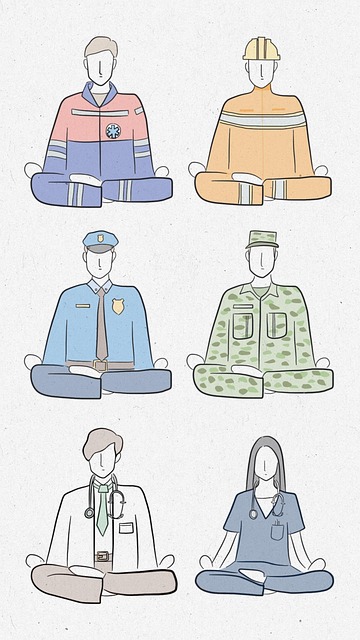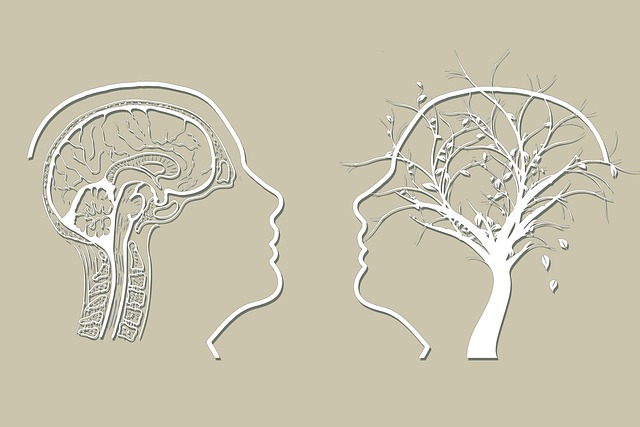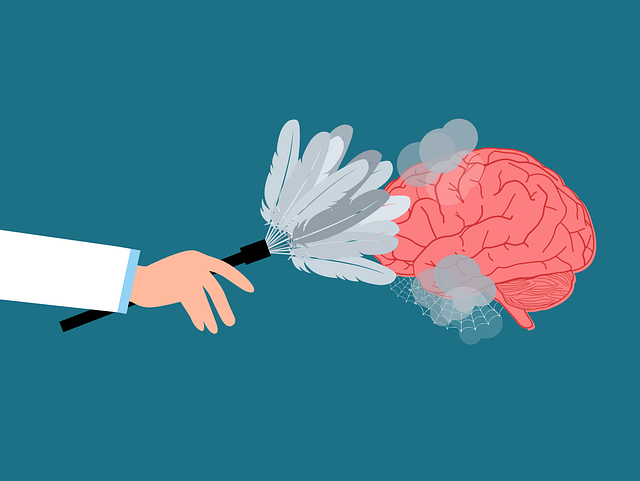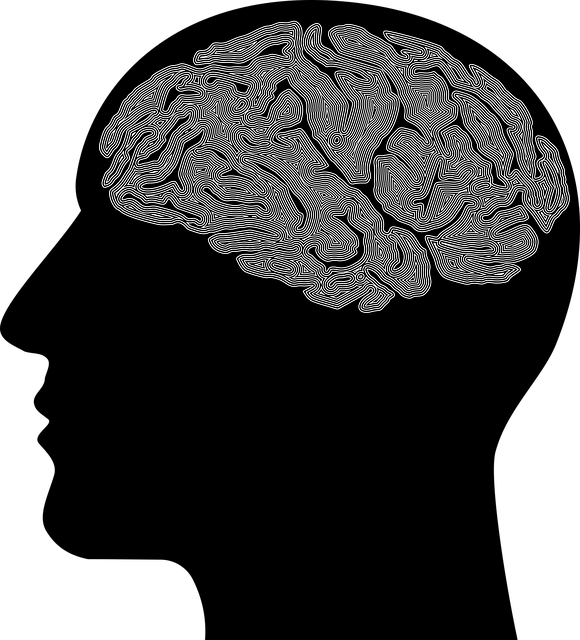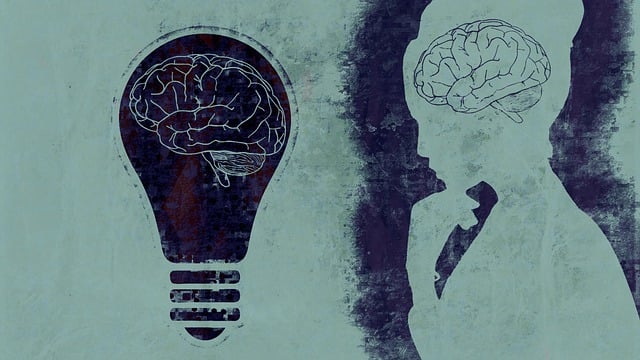Burnout among healthcare providers in Louisville's child abuse therapy settings is a pressing issue, characterized by emotional exhaustion, depersonalization, and reduced personal accomplishment due to high-stress situations and heavy caseloads. To combat this, Louisville Child Abuse Therapy settings should implement conflict resolution techniques, structured stress reduction methods, peer support networks, and self-care practices through continuous professional development. Prioritizing employee well-being with flexible schedules and mental health resources further mitigates burnout, enhancing patient care by ensuring emotionally balanced and mentally equipped professionals.
“In Louisville’s child abuse therapy settings, healthcare provider burnout is a pressing concern. This article explores comprehensive strategies to combat this issue, focusing on understanding burnout’s unique dynamics within these environments. We delve into identifying early warning signs, implementing proactive self-care measures, and fostering supportive work cultures. By examining these aspects, we aim to provide valuable insights for professionals in Louisville’s child abuse therapy sector, ultimately enhancing well-being and improving patient care.”
- Understanding Burnout Among Healthcare Providers in Louisville's Child Abuse Therapy Settings
- Identifying Red Flags: Recognizing the Signs of Burnout Early On
- Implementing Effective Strategies to Prevent Burnout and Promote Self-Care
- Building a Supportive Environment: The Role of Colleagues, Supervisors, and Organizations
Understanding Burnout Among Healthcare Providers in Louisville's Child Abuse Therapy Settings

Burnout among healthcare providers in Louisville’s child abuse therapy settings is a pressing concern, impacting not only individual therapists’ well-being but also the quality of care delivered to vulnerable children. This phenomenon is characterized by emotional exhaustion, depersonalization, and reduced personal accomplishment, stemming from prolonged exposure to high-stress situations and heavy caseloads. Louisville Child Abuse Therapy settings often deal with complex cases, requiring providers to confront traumatic narratives on a regular basis, which can take a significant toll over time.
Effective burnout prevention strategies are essential for fostering resilience among these professionals. Implementing conflict resolution techniques within the therapeutic environment can help manage emotional triggers and reduce stress levels. Additionally, incorporating structured stress reduction methods, such as mindfulness exercises or guided meditation, allows providers to momentarily step away from intense cases and regain a sense of calm. Building resilience through continued professional development, peer support networks, and self-care practices empowers Louisville Child Abuse Therapy providers to navigate challenging situations more effectively while maintaining their commitment to patient care.
Identifying Red Flags: Recognizing the Signs of Burnout Early On

Burnout is a significant concern within the healthcare industry, impacting not only providers’ well-being but also patient care outcomes. Recognizing the signs early on is crucial for Louisville Child Abuse Therapy and other mental health services to implement effective burnout prevention strategies. Healthcare professionals should be vigilant in identifying red flags such as chronic fatigue, decreased job satisfaction, cynicism, detachment from patients, and increased irritability or emotional exhaustion.
These indicators may signal a need for additional support, changes in work environment, or even a re-evaluation of career choices. By addressing burnout at its onset, through strategies like improved work-life balance, mentorship programs, regular staff training, and enhanced communication channels, mental health professionals can foster a healthier, more resilient workforce while ensuring optimal patient care. This proactive approach aligns with the broader Mental Health Policy Analysis and Advocacy efforts to create sustainable solutions for risk management planning in Louisville’s mental health sector.
Implementing Effective Strategies to Prevent Burnout and Promote Self-Care

In the ongoing battle against healthcare provider burnout, implementing effective strategies is paramount to ensure optimal patient care and professional well-being. Louisville Child Abuse Therapy centers recognize the importance of proactive measures to foster a culture that values mental health and self-care. Burnout Prevention Strategies for Healthcare Providers involve integrating Self-Care Routine Development for Better Mental Health as a core component in their work environments. By encouraging regular breaks, adequate sleep, and engaging in stress-reducing activities, healthcare providers can significantly enhance their resilience against burnout.
Mental Wellness Journaling Exercise Guidance is another powerful tool that helps professionals reflect on their experiences, process emotions, and identify sources of stress or satisfaction. This introspective practice allows for the early detection of potential burnout signs, enabling professionals to take necessary precautions and make informed decisions regarding their workload and well-being. Such initiatives not only contribute to personal growth but also create a supportive atmosphere where open conversations about mental health are encouraged, ultimately transforming the healthcare landscape in Louisville and beyond.
Building a Supportive Environment: The Role of Colleagues, Supervisors, and Organizations

In preventing healthcare provider burnout, building a supportive environment is paramount. Colleagues play a crucial role in fostering a culture of camaraderie and mutual respect, where professionals can share workloads, offer encouragement, and provide emotional support. Supervisors are responsible for setting reasonable expectations, ensuring fair resource allocation, and promoting open communication channels. Organizations, too, have a duty to create policies that prioritize employee well-being, such as offering flexible schedules, providing access to mental health resources, and encouraging regular breaks.
By integrating these practices, healthcare settings in Louisville, including those specializing in child abuse therapy, can implement effective crisis intervention guidance, enhance emotional well-being promotion techniques, and facilitate efficient emotional healing processes. Such initiatives not only mitigate burnout but also improve patient care by ensuring that healthcare providers are emotionally balanced and mentally equipped to handle challenging situations.
Preventing burnout among healthcare providers in Louisville’s child abuse therapy settings is paramount for maintaining high-quality care. By understanding the unique challenges these professionals face, identifying early signs of burnout, and implementing evidence-based strategies, we can create a supportive environment. This includes fostering open communication, encouraging self-care practices, and promoting organizational culture that values well-being. Through collaborative efforts between colleagues, supervisors, and organizations, we can revolutionize healthcare delivery in Louisville’s child abuse therapy settings, ensuring providers remain resilient and dedicated to their life-saving work.


